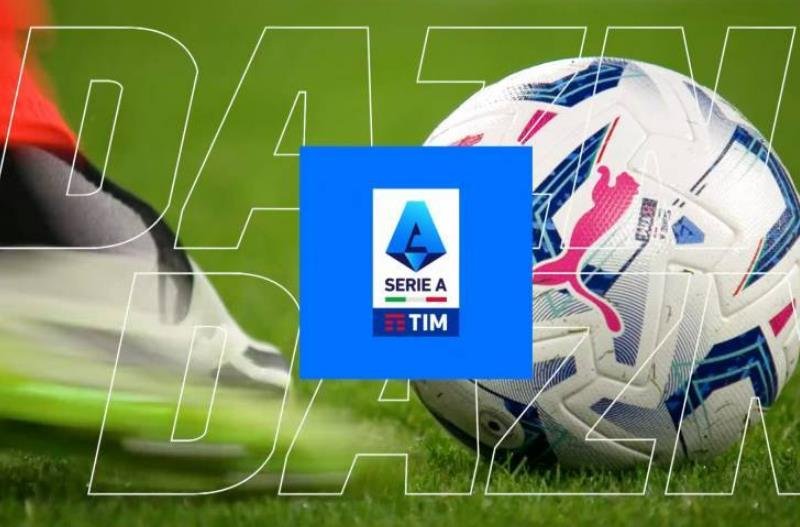DAZN, the streaming giant known for its ambitious moves, has just inked a hefty $1 billion deal with FIFA. This agreement will see the platform broadcast the inaugural 32-team Club World Cup free-to-view worldwide next year. Meanwhile, Saudi Arabia is showing keen interest in pumping another $1 billion into DAZN, signaling a significant shift in the sports streaming landscape.
DAZN’s Bold Move: Covering the Club World Cup for Free
DAZN’s latest partnership with FIFA is a game-changer. For a platform that racked up a staggering $1.2 billion loss in 2022, this move is both surprising and strategic. By offering the Club World Cup free to viewers globally, DAZN is taking a different route to attract a massive audience.
The UK-based streamer isn’t looking to recoup its losses through subscription fees this time. Instead, it’s betting on massive viewership to draw in future revenue streams. This approach has left many in the football community scratching their heads. How will DAZN balance the books without charging its viewers?

Saudi Arabia’s $1 Billion Bet on DAZN
Saudi Arabia’s Public Investment Fund (PIF) is eyeing a substantial investment in DAZN. This potential $1 billion injection could be a lifeline for the streaming service, helping it stabilize after its recent financial struggles. The Gulf state has been building strong ties with DAZN, especially since the platform has been streaming Saudi Pro League football and tennis events globally without charging viewers.
- Saudi Arabia’s support extends beyond just financial investment.
- DAZN benefits from the region’s enthusiasm for sports, especially football.
This relationship might also play a role in FIFA’s decision to officially announce Saudi Arabia as the host for the 2034 World Cup next week. With FIFA President Gianni Infantino having close ties with Saudi backers, this announcement seems almost inevitable.
The Impact on FIFA and Global Football Broadcasting
FIFA found itself in a tight spot before securing the deal with DAZN. Just six months before the tournament, they hadn’t locked down any broadcast agreements. This delay put FIFA in an embarrassing position, making DAZN’s involvement even more critical.
A source close to DAZN revealed that the company is funding the FIFA agreement without relying on additional deals. This independence could offer FIFA some stability moving forward. Infantino expressed optimism, stating, “Through this agreement, billions of football fans worldwide can now watch the most widely accessible club football tournament ever.”
However, not everyone is thrilled. Legal challenges have surfaced, with player unions and leagues accusing FIFA of inadequate consultation regarding the new tournament. The Premier League’s chief executive, Richard Masters, went as far as calling the Club World Cup’s introduction the “tipping point.”
Concerns Over Player Welfare and Scheduling
The new Club World Cup has raised significant concerns about player welfare. European players who progress far into the tournament might face a grueling schedule, leaving them with minimal time to rest before the 2025-26 domestic seasons kick off.
This tight timeline could lead to increased injuries and burnout among top athletes. Unions argue that the lack of adequate rest periods compromises player health and performance. FIFA, on the other hand, emphasizes the global reach and accessibility that DAZN’s deal brings to the sport.
Table: DAZN’s Financial Overview (2022)
| Metric | Amount |
|---|---|
| Annual Loss | $1.2 billion |
| Subscription Revenue | $300 million |
| Investment from PIF | Potential $1 billion |
| Club World Cup Deal | $1 billion |
Future Prospects: What’s Next for DAZN and FIFA?
Looking ahead, DAZN’s partnership with FIFA could set a new precedent in sports broadcasting. By offering major tournaments for free, DAZN is challenging traditional revenue models in the industry. If successful, this strategy might inspire other streaming platforms to adopt similar approaches.
Moreover, the potential $1 billion investment from Saudi Arabia could provide DAZN with the financial stability needed to expand its offerings and enhance its platform. This influx of capital might also pave the way for more high-profile deals in the future, further solidifying DAZN’s position in the market.
However, the road ahead isn’t without obstacles. Legal battles and player welfare concerns need to be addressed to ensure the long-term success of the Club World Cup. Balancing the financial ambitions of DAZN and FIFA with the well-being of players will be crucial in maintaining the integrity of the sport.
